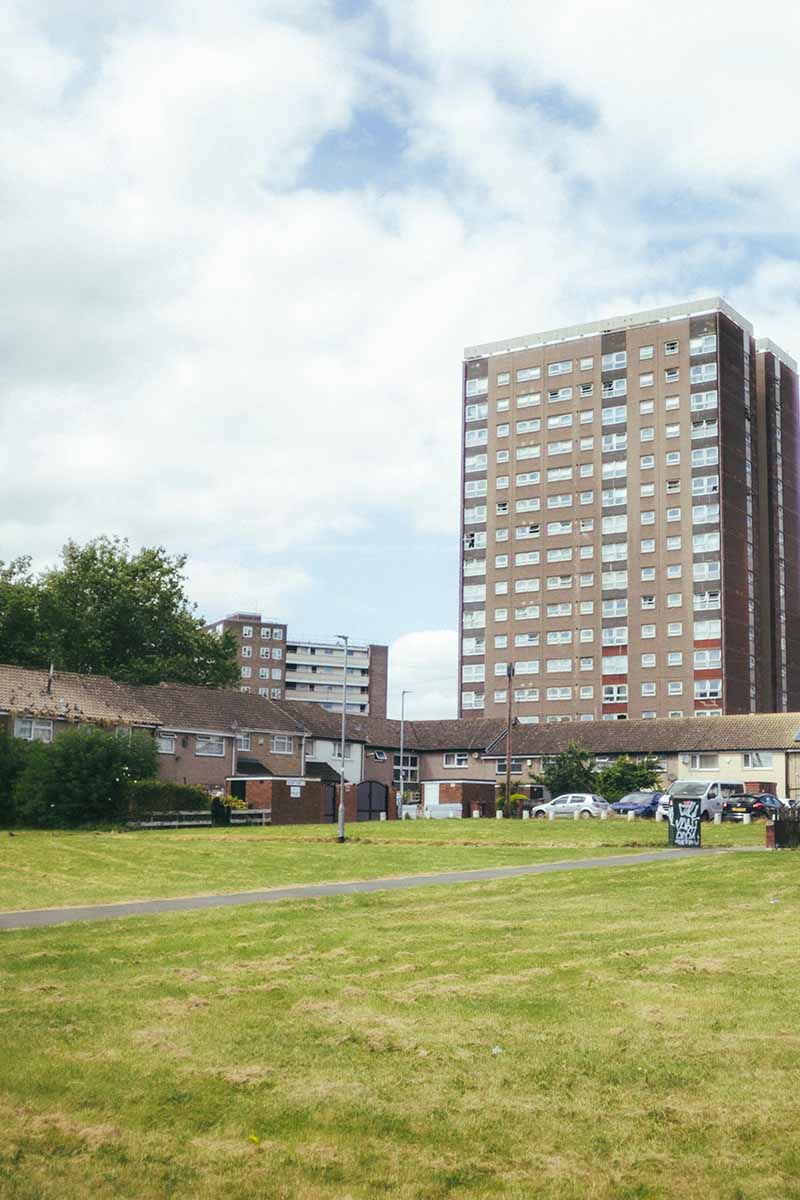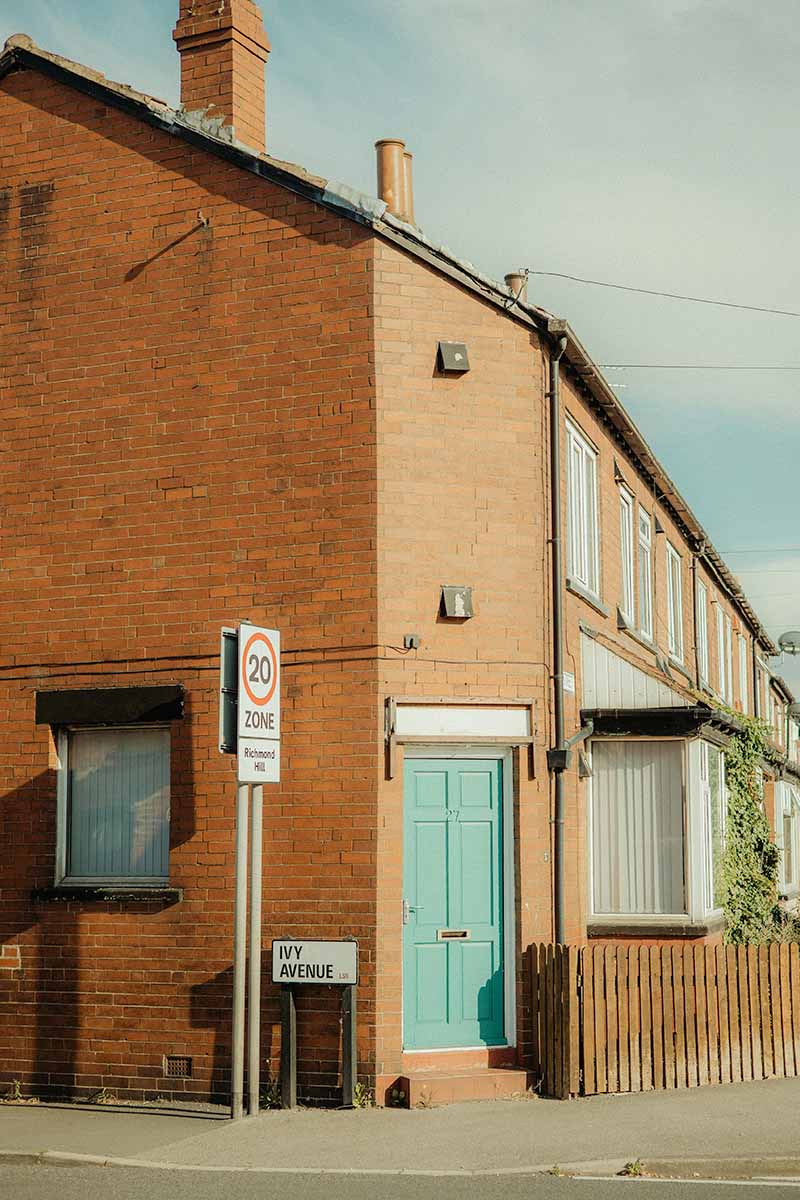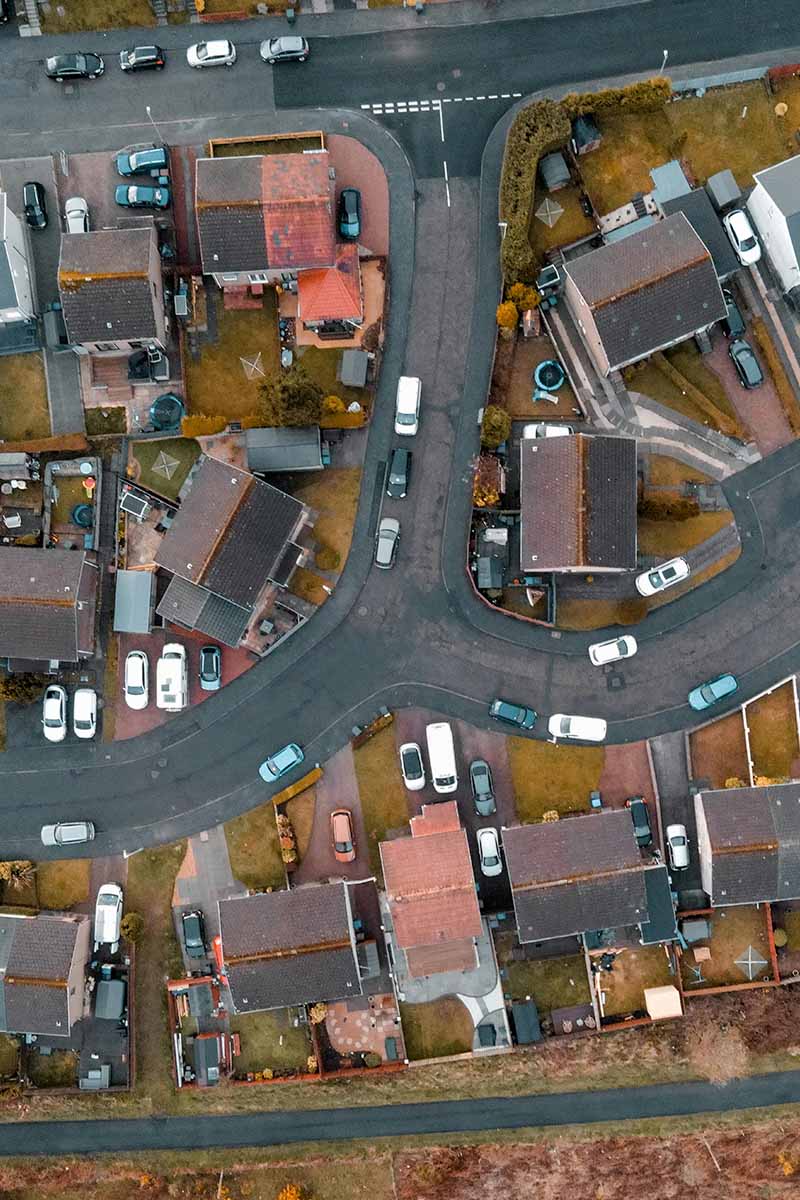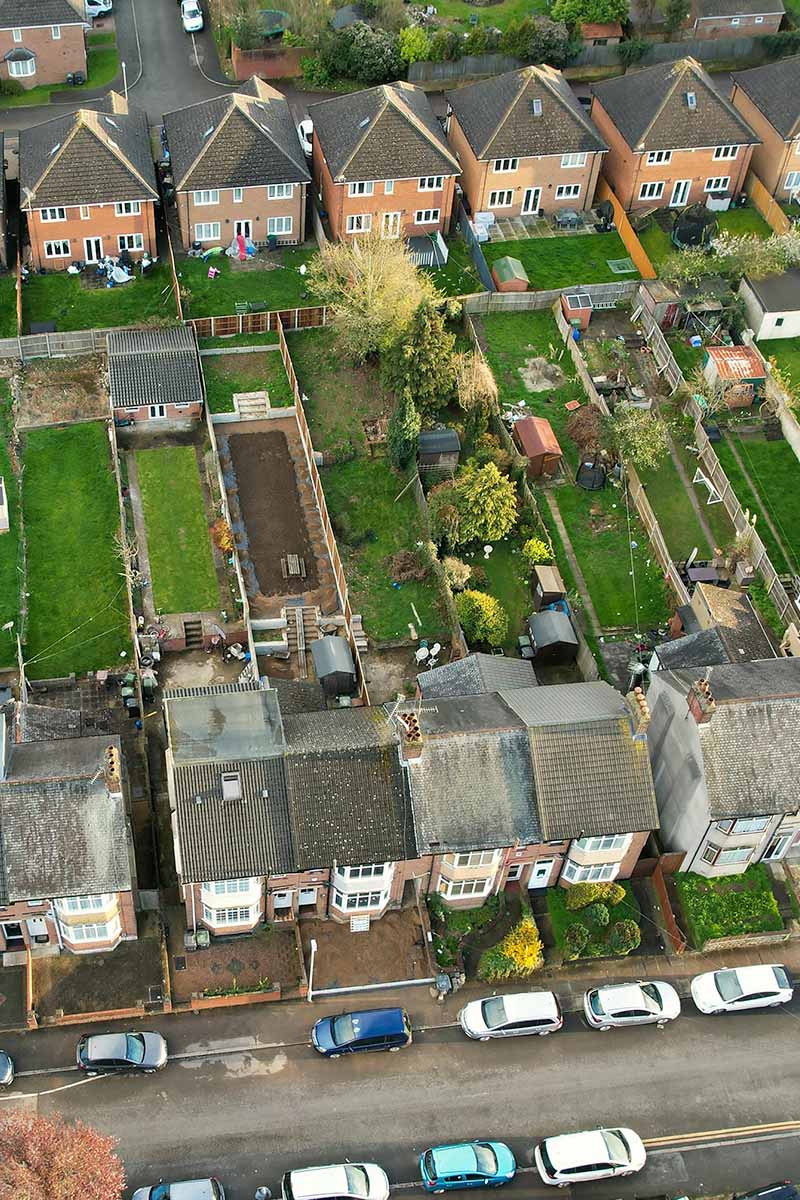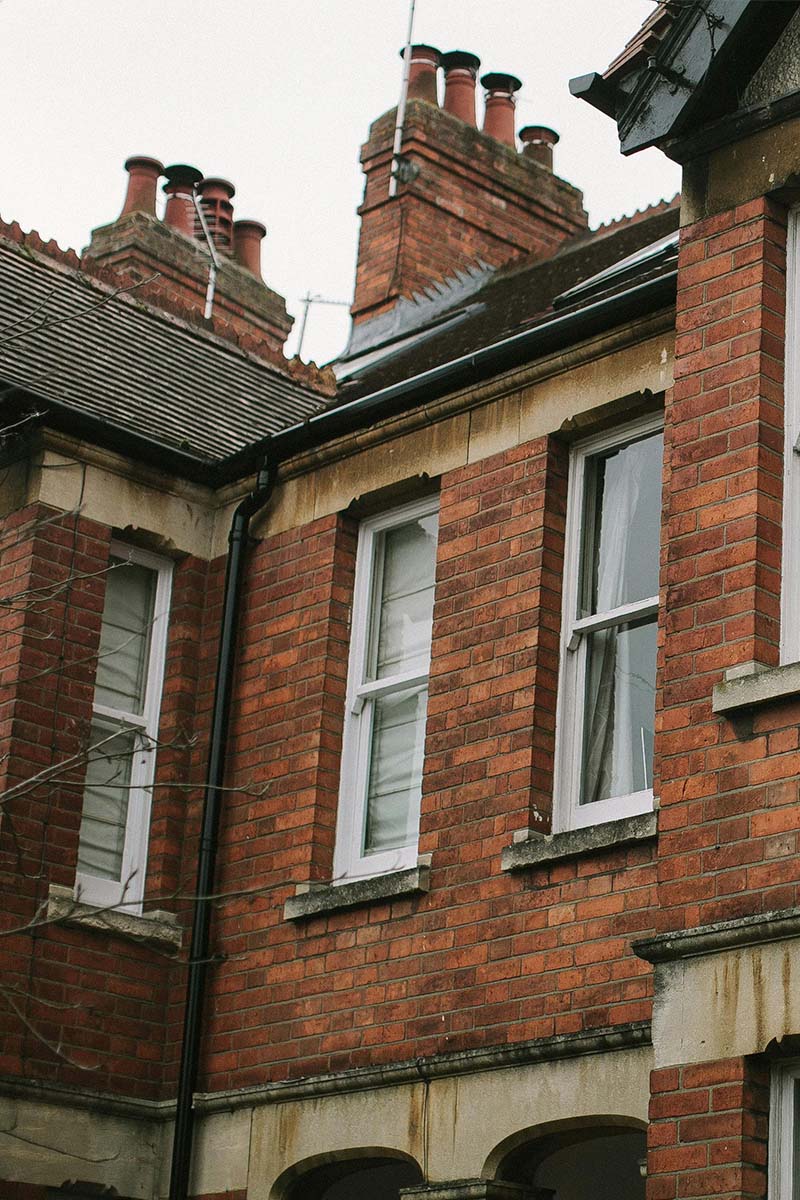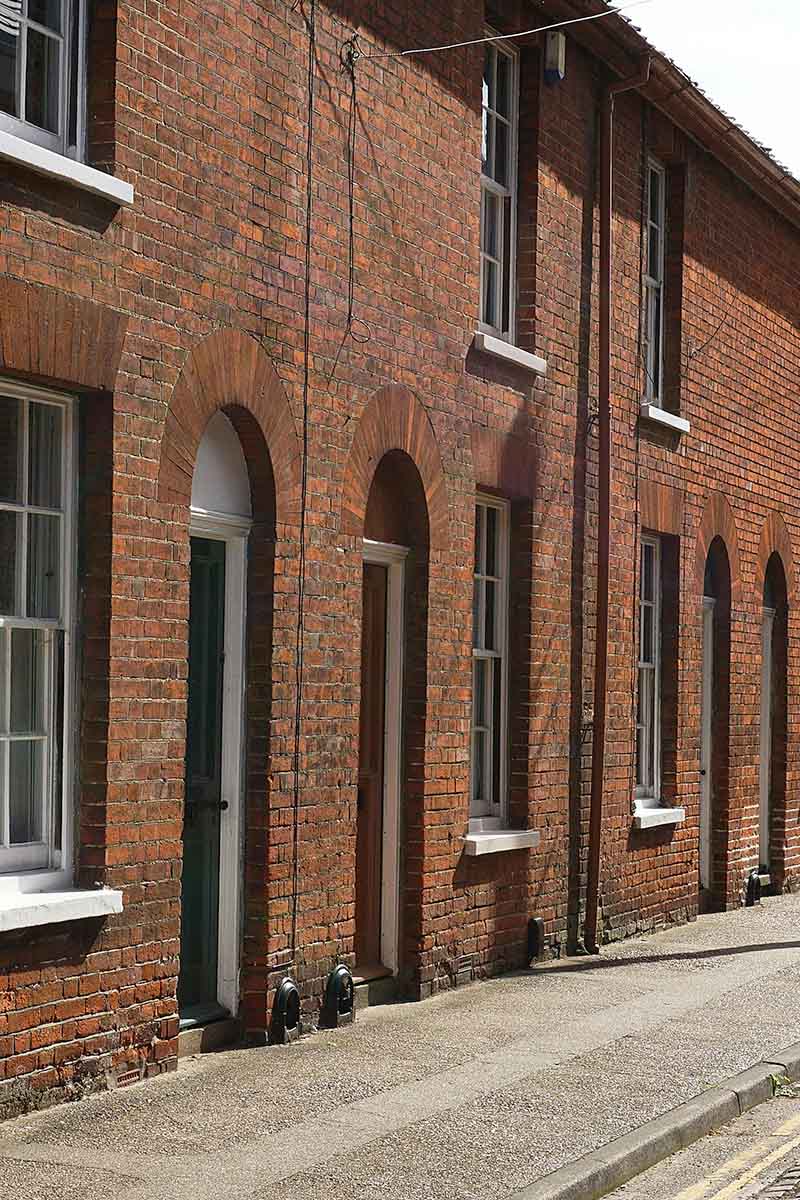Can a house cash buyer fix a broken property chain?
When you’re relying on your sale to fund your next purchase, a single wobble can derail the entire move. If a buyer pulls out, a mortgage is declined, or a survey spooks someone in the line, the property chain can collapse. One practical fix is to bring in a cash buyer to “plug the gap” and get the chain moving again.
This guide explains exactly how that works across the UK, the trade-offs involved, the legal aspects to watch for, and how to do it safely—using real examples, step-by-step playbooks and comparison tables.
- A property chain is a sequence of linked sales that exchange and complete together; the more links, the higher the risk of collapse.
- Chains are common in England, Wales and Northern Ireland (where offers aren’t binding until exchange). In Scotland, contracts bind earlier (“conclusion of missives”), so late collapses are rarer.
- A genuine cash buyer (funds ready, no mortgage) can step in rapidly to replace a failed buyer, turning your sale into a chain-free transaction and restoring your onward purchase.
- Agents and solicitors will require proof and source of funds under anti-money-laundering rules.
- Professional property traders may benefit from Stamp Duty Land Tax (SDLT) “chain break” relief (Finance Act 2003, Sch 6A, para 4).
- Roughly a quarter to a third of agreed UK sales fail before completion each year—surveys and finance withdrawals are the biggest causes.

What a broken chain is (and why it happens)
A property chain forms when each buyer depends on selling their current home to fund the next purchase. If one link fails, every dependent transaction above it stalls.
Common reasons chains break
- Finance failures – lender declines, mortgage withdrawals, down-valuations.
- Survey shocks – issues like damp, roof damage or suspected subsidence.
- Gazundering / gazumping – late price cuts or competing offers before exchange.
- Legal delays – probate, defective titles, slow searches.
- Life events – divorce, illness, job relocations.
Recent data shows almost one in three sales collapsed before completion in 2024, with surveys the single biggest cause.
Regional differences
- England & Wales / Northern Ireland – chains are fragile because offers aren’t binding until exchange.
- Scotland – conclusion of missives creates binding contracts earlier, reducing chain collapses (though delays still happen).
How cash buyers work (and why they rescue chains)
A cash buyer is an individual or company who can purchase without a mortgage or onward sale. That removes two major failure points—lender risk and dependency on another sale—and allows faster exchange and completion once legals are ready.
Why this fixes a chain
- Speed – no lender underwriting, valuation or chain dependency. Timelines are driven only by searches and contracts. Completion can happen in 7–21 days.
- Certainty – with no onward purchase, their transaction is chain-free.
- Flexibility – professional buyers can match the chain’s target date.
Legal angles
- Before exchange – a cash buyer can simply replace a failed buyer.
- After exchange – things are trickier: deposits are at risk, notices of completion can be served, and breach of contract claims may cascade down the chain.
- SDLT chain-break relief – may reduce the tax bill for professional traders stepping in, making their offers more competitive.
- Proof of funds – always request solicitor-backed evidence.
A practical chain-repair playbook
- Stabilise the chain – have your agent brief everyone that a chain-free buyer is secured, with a clear target completion date.
- Source a genuine cash buyer – through your agent or trusted firms. Always demand proof of funds and AML checks.
- Price decision – accept a discount versus full market value. Sometimes your onward seller may agree to share the reduction to save the chain.
- Compress the legals – instruct your solicitor to prioritise: contract pack day one, fast-tracked searches, indemnity insurance where appropriate.
- Leverage reliefs – check if SDLT chain-break relief applies.
- Fallback – if cash offers are too low, consider a bridging loan to complete your onward purchase.
Routes compared: speed, certainty and cost
Save time and hassle by selling your home with us
Get a guaranteed cash offer on any property in England and Wales. All you need to do to get started is enter your address below.
Real-life scenarios
Scenario 1 – Mortgage collapse at the bottom (England)
A first-time buyer’s lender down-values a property days before exchange. The seller secures a proven cash buyer who completes in 12 working days. The chain holds.
Scenario 2 – Survey problem mid-chain (Wales)
A buyer pulls out due to damp and roof issues. A property trader steps in, qualifies for SDLT chain-break relief, and completes within three weeks.
Scenario 3 – Probate delay at the top (Northern Ireland)
A probate grant drags on. A company cash buyer commits to completing as soon as probate is granted, restoring confidence and fixing the chain date.
Scenario 4 – Anna’s “forever home” case
Anna’s buyer pulled out after raising subsidence concerns. Facing the loss of her onward “forever home”, she sold to a reputable cash-buying company. Within 24 hours she had an offer, within 14 days legals were completed, and within 21 days she moved. She accepted ~20% less than market value, but secured her dream home—a trade-off many sellers consider worthwhile.
Risks and trade-offs
- Lower price – certainty and speed come at a discount.
- Unverified buyers – some claim to be cash but rely on finance. Demand proof.
- Speed pressures – short timelines mean you may need removals, storage, or interim housing.
- After exchange – if the chain breaks post-exchange, deposits may be forfeited and claims cascade. A cash buyer can step in, but the legal untangling may still cause stress.
Related queries answered
Is it legal for a cash buyer to fix a broken chain?
Yes. Estate agents and solicitors treat it like any other sale, provided AML checks are satisfied. Before exchange it’s straightforward; after exchange, deposits and breach claims complicate matters.
How fast can a cash buyer complete?
Usually 7–21 days, sometimes within 2 weeks if searches are indemnified and legals are fast-tracked.
Do cash buyers always pay less?
Typically 15–20% below market value, though SDLT chain-break relief may let traders offer more.
What are the risks of selling to a cash buyer?
Discounted price, fake cash claims, rushed timelines, or survey-based renegotiations.
What happens if the chain collapses after exchange?
Deposits are at risk and claims may cascade. A cash buyer can sometimes step in, but legal untangling is complex.
Should I use a company or an individual cash buyer?
Companies are usually safer and faster, with established funds and legal processes. Individuals may offer slightly more but carry higher risk.
Are there alternatives to cash buyers?
Yes – bridging loans, remarketing, or negotiating with your seller to hold the chain together.
Recap: Can a house cash buyer fix a broken property chain?
Yes. A genuine cash buyer can save a broken chain by offering certainty and speed when other buyers fail. The compromise is usually price, but the benefit is keeping your onward move alive. In England, Wales and Northern Ireland, chains are especially fragile before exchange, and cash buyers often make the difference between collapse and completion. In Scotland, chains are less common but cash buyers still provide flexibility when needed.
Sell with Habello
If your chain is broken and you risk losing your move, Habello can help.
- Reliable cash buyer with immediate funds.
- Fair market valuation and a guaranteed cash offer within 48–72 hours.
- Flexible sale timeline to suit your schedule.
- No estate agent fees, no hidden costs.
- We cover legal fees when you use our partner solicitors.
Property owners are choosing Habello for a faster, easier and less stressful way to sell
Sell your home quickly for cash by accepting an offer just below market value. See how we compare to your other options by using the calculator below.
Related guides
Bring yourself up to speed with our property guides.





